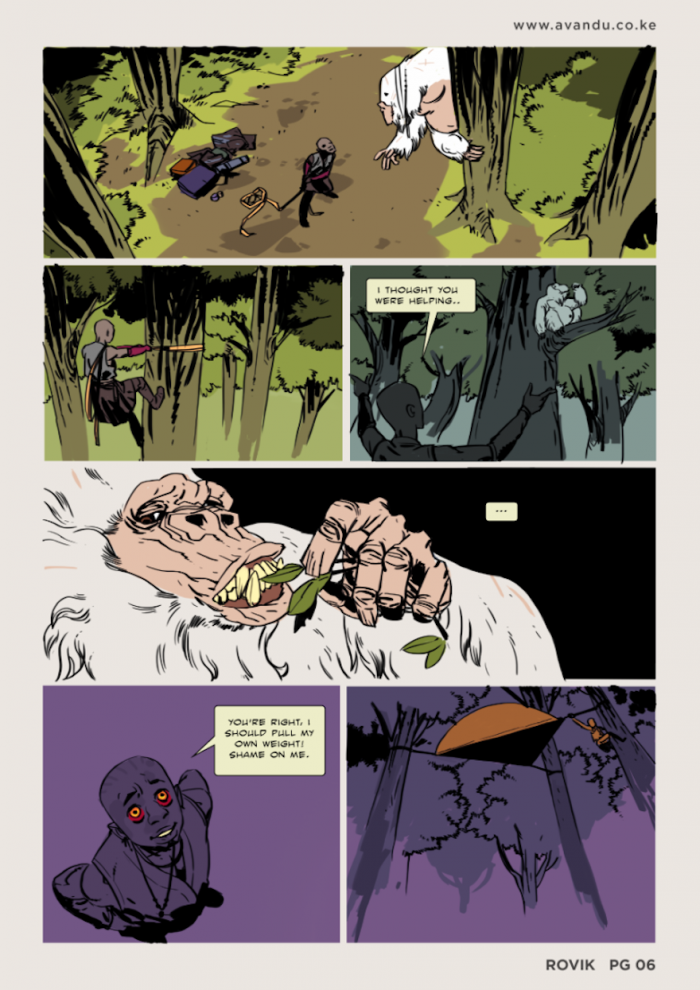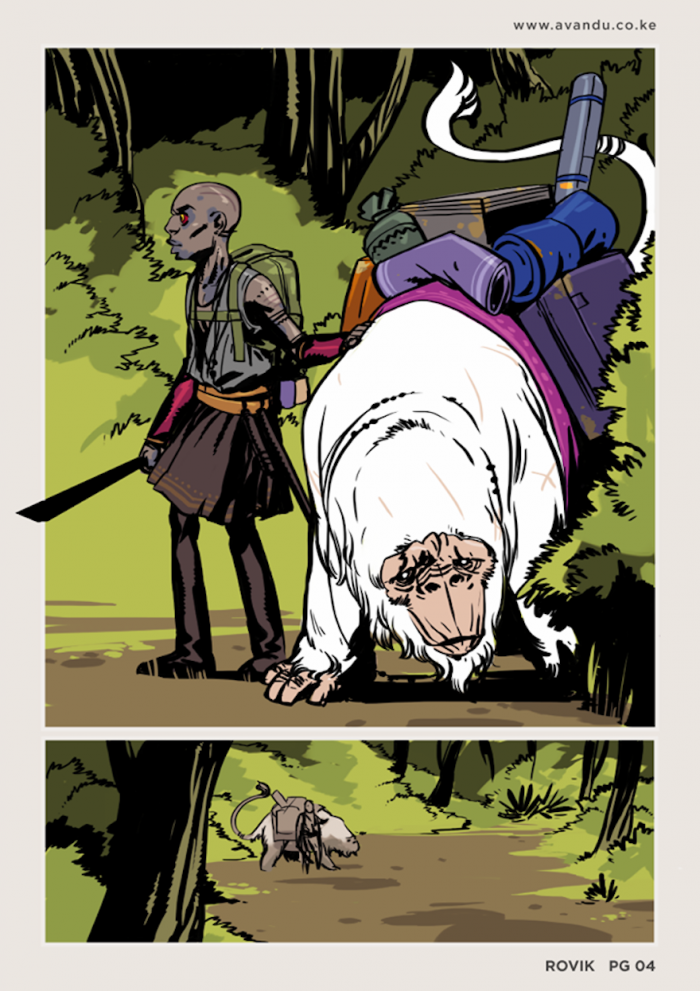Two moments made Salim Busuru rethink his entire approach to his art. The founder of Avandu Vosi, one of Kenya's most forward-thinking collectives, says that up until a conversation about creativity in Kenya in comparison to the US, he had not realised how his work was in response to mainstream Western culture and not really a reflection of his own experiences.
“I heard something a friend of mine said about a Kenyan rapper who went to the States to make it as a rapper in their (black-American) style, accent – thug life and all. My friend said of the rapper, '..anapeleka maji Lake Victoria', which translates to 'He is delivering water to Lake Victoria'. That is when I realised I was doing the same thing in art but from Kenya.
It hit me that the world is already saturated with western style art and stories.
“The second time was when I was having a conversation on local art and culture with a friend. We spoke about how we consume foreign media and reproduce it with slight changes and call it our own. He summed it all up saying that '..we are a derivative of a derivative'. These two moments and others have kept me on this path, edging me deeper into the exploration of African culture.”
After these epiphanies resulted he reimagined science fiction, deciding to write it based on his own cultural background. So, instead of the Star Wars staples like flying saucers and white men in tights, he imagined a world with mythical African creatures and migrants as the main characters.
This is how the series, Rovik, was born. Rovic is a migrant who, after the collapse of the mining industry in a fictional town called Kinshaza, must find his way in a new world. The online comic series is now in its second season.
“The desire to place [the story] in the Star Wars universe was because we felt there was no African, cultural representation in an apparent galaxy. So when we started adjusting it to that all these ideas came up,” he says.
With the help of his partners; head of digital development Evans Busuru, head of business development Joseph Nzomo, and lead colourist Esphan Kamau, Salim tells African stories in a new way, both for clients and through personal projects like the Rovik series. Only available online, the comic series is part of Salim’s mission to challenge the cultural status quo in storytelling and the idea of what must be.
“I find the problem comes in when the morals and culture of that world impinge on my real life because they have been internalised by our fathers and leaders and now they inform policy and tell us what is acceptable and what is not.”
“That point was illustrated for me when I saw a picture of Lebron James walking barefoot and someone had highlighted his mangled small toe. Africans generally have wide feet and wearing western style shoes to be proper (it is also standard school uniform) is quite painful yet we do it because that is how a 'classy' (or is it ‘dapper’ now) man is supposed to dress,” he adds.
To upend old stereotypes of Africans as slaves or prehistoric humans, Salim says he plans to add what he believes is missing from the dialogue, the voice of an elder. “I believe everything can be solved through the lesson in this saying; 'if you want to go fast go alone, If you want to far go together'. We are being fragmented by this insta-culture, false reality shows and two-hour love stories in the cinema that make it seem like things happen quickly and that the individual is worth more than the community, yet that is not how we have survived as a species for this long.”
More on art that reimagines old stereotypes:
Jacque Njeri’s vibrant graphic art reimagines the Maasai people in outer space
Poetry's power with Lebo Mashile
Could augmented reality systems create space for people of colour in the film industry?








